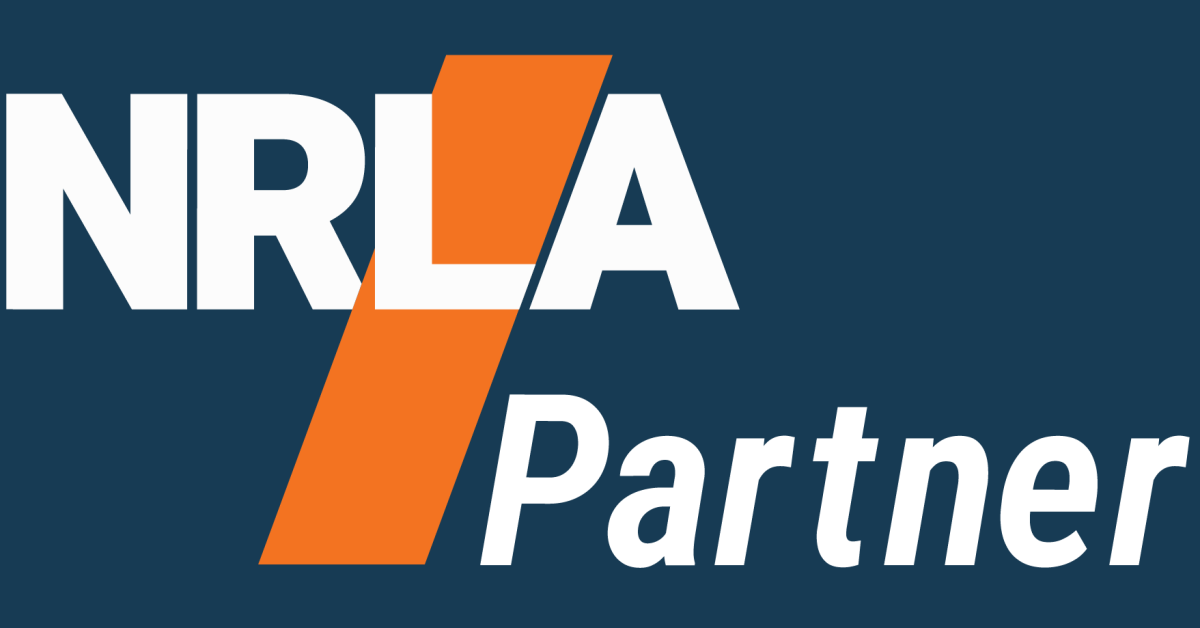Partners and suppliers
Avoid common oversights when becoming a landlord
When choosing a buy to let mortgage, landlords often encounter several pitfalls that can have long-term financial consequences. NRLA Mortgages outlines some of the common oversights landlords make and how to avoid them.
Landlords' back to uni guide: 10 tips for a smooth student tenancy
Whether you're a seasoned student landlord or preparing for your first group of freshers, this guide from Total Landlord is here to help you manage your student tenancy smoothly and professionally. It covers how new and existing legislation impacts student tenancies, and ten tips to keep your tenants happy, your property protected, and your investment profitable.
Rent Repayment Orders – A growing concern for uninformed landlords?
NRLA recognised supplier, Landlord Action, has seen a noticeable increase in enquiries relating to Rent Repayment Orders (RROs) over the past six months. RROs are a way for tenants or local authorities to reclaim rent from landlords who have breached certain legal obligations, such as failing to license a property or protect a deposit, even when the tenancy has ended. With changes under the Renters Rights Bill on the horizon, this is fast becoming an area of increased risk.
Autumn property pitfalls: 8 landlord tips to avoid winter woes
NRLA deposit protection partner, mydeposits, has produced this guide which outlines eight tasks landlords need to deal with in autumn to avoid the winter blues. It contains practical advice for real-life scenarios, expert insights from Suzy Hershman, Resolution Department Lead at mydeposits, and links to key case studies and regulations to help landlords and tenants maintain a harmonious tenancy through the change of season.
Why inventory reports are your #1 defence in deposit disputes
When it comes to deposit disputes in the private rental sector, one thing matters above all else: evidence. And not just any evidence - time-stamped, detailed, and fair documentation that shows exactly what condition a property was in at the start and end of a tenancy. That’s where inventory reports come into their own. NRLA recognised supplier, Inventory Hive tells us why your inventory report matters so much.
Knowing your legal responsibilities as a landlord: Repairs, maintenance and compliance
Landlord-ing is more than collecting rent. You have a legal responsibility to keep your property safe, secure, and habitable. Non-compliance with these requirements can result in fines, being sued, or even endangering your tenants. NRLA partner, YourRepair gives us this guide to provide you with your main legal duties and how to stay compliant.
One year on: How have Labour changed the lettings market?
After 14 years of Conservative leadership, Labour took the reins in July 2024, pledging to focus heavily on increasing the supply of affordable new homes, strengthening tenants’ rights, and reinforcing their commitment to achieving Net Zero. NRLA partner, LRG gives us an update on what has changed.
Accidental landlord? What you need to know!
Becoming a landlord isn’t always part of the plan. Whether you’ve inherited a property, moved in with a partner while keeping a spare home, or simply can’t sell in a tough market, stepping into the role of a landlord can feel overwhelming. In this blog, the Tenancy Deposit Scheme lists seven common mistakes accidental landlords often make, and how to avoid them with our 10 point checklist.
5 myths about rent guarantors – Busted
In a rental market where “affordability” is fast becoming a relative term and tenant referencing grows ever more cautious, rent guarantors have gone from optional extra to strategic essential. But despite their growing relevance, a surprising number of landlords still avoid them. Not because they aren’t useful—but because too many myths from a different rental era still linger. NRLA recognised supplier, RentGuarantor tells us more.
NRLA partners with Hybr to transform the future of renting
The National Residential Landlords Association is pleased to announce a new partnership with leading online student and graduate lettings platform Hybr.










